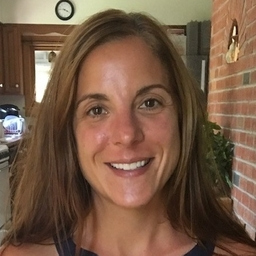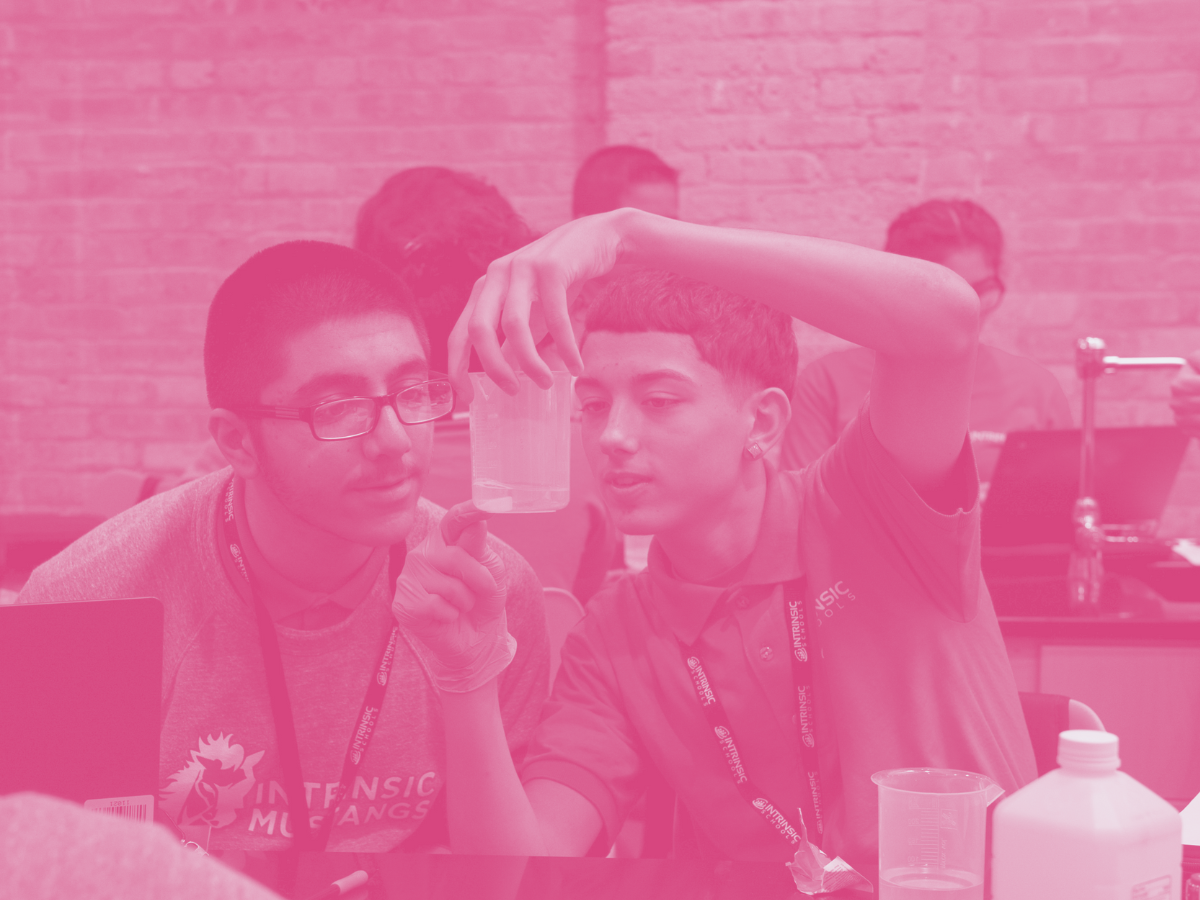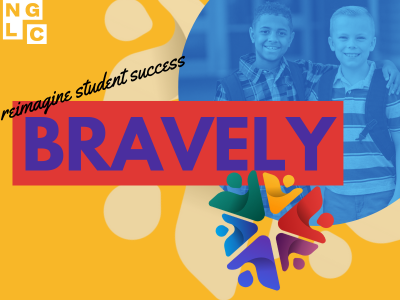New Designs for School
(More) K-12 Tools & Resources: Competency-based Education
Topics

We’ve all had the experience of truly purposeful, authentic learning and know how valuable it is. Educators are taking the best of what we know about learning, student support, effective instruction, and interpersonal skill-building to completely reimagine schools so that students experience that kind of purposeful learning all day, every day.
Practitioner's Guide to Next Gen Learning
Today, I'm sharing even more great resources to complement the competency-based education tools & resources in my recent blogs. Come check them out!
In today’s roundup, I’m focusing on proficiency-based learning resources from the Great Schools Partnership (GSP), a nonprofit organization headquartered in Portland, Maine. These resources complement the competency-based education tools and resources in my recent blog posts: Part I highlighted tools from Building 21 and Part II highlighted tools from USC Hybrid High.
The Great Schools Partnership works to redesign public education and improve learning outcomes for all students. They are the lead coordinator of the New England Secondary School Consortium (NESSC), one of NGLC’s six Regional Funds partners. GSP provides school coaching, professional development, and technical assistance to educators and others across the system including schools, districts, organizations, and government agencies. Additionally, GSP creates tools and resources for educators—explore a collection of those resources below and be sure to visit their website for more.
What makes the folks at Great Schools Partnership experts with good resources to share? In short, GSP’s school improvement coaches—experienced educators with classroom and leadership experiences who have a deep understanding of how to support school improvement and build capacity—have supported the shift to proficiency-based learning in dozens of schools for the past decade.
Note: GSP’s use of the term ‘proficiency-based learning’ aligns with competency-based learning as described in NGLC’s Personalized Learning School Design Attributes: in a competency-based learning model, “student learning is continually assessed against clearly defined expectations and goals. Each student advances as s/he demonstrates mastery.” GSP’s definition of PBL can be found in the Glossary of Education Reform—a website they also maintain.
This includes work in approximately 50 districts (both rural and urban) in New England as well as districts across the country. They approach the design and implementation of proficiency-based learning from the perspective that, in order for such comprehensive and transformative change to occur, schools and districts must simultaneously attend to refining policy, improving practice, and engaging the community.
Resources from Great Schools Partnership
GSP’s Proficiency-Based Learning (PBL) Website Portal: A gateway to over 60 resources intended for LEAs and schools to support:
- Refinement of policy
- Increase in capacity for improved practices
- Thoughtful and informed engagement of community stakeholders
An additional 20 resources will be uploaded during the summer and another dozen or so will be added by the end of the 2015 calendar year.
10 Principles of PBL
Regardless of the actual model local education agencies (LEAs) use to implement, these are the top ten big ideas that GSP believes must be in place in order to truly be representative of Proficiency-Based Learning.
Research Base
Close to 100 specific studies supporting the practices that encompass Proficiency-Based Learning as defined by GSP.
Glossary of Education Reform
Hundreds of education terms defined - many relating to student-centered/personalized learning. This site sees over 1,000,000 visitors annually. GSP takes great care to ensure a neutral stance on language.
Guide to Understanding Standards
A short glossary of the most critical terms related to Proficiency-Based Learning.
PBL Simplified Model
The organizational schema GSP uses for illustrating the relationship between Cross-Curricular Graduation Standards, Content-Area Graduation Standards, Performance Indicators, and Learning Targets.
Sample Standards and Performance Indicators
K-5, 6-8, and 9-12 content area and cross-curricular standards and performance indicators (ELA and math are aligned to CCSS; Science is aligned to NextGen).
Sample District Policies
(e.g., graduation, academic recognition, transcripts, eligibility)
Models for school boards of the necessary changes that must occur as districts make the shift to PBL.
Grading and Reporting Resources
Examples and information to support the design of reporting systems as well as suggestions for communicating grading in a PBL system.
Webinar Archive
Focused on key aspects of PBL: overview, developing standards, scoring criteria, assessment, reporting, etc.
District Implementation Planning Resources
GSP has been working with half of Vermont’s LEAs this past year to develop three-year Proficiency-Based Learning implementation plans. All of the resources that have been developed for the state of Vermont for this purpose are available, including meeting materials, webinar archives, and essential guiding documents and resources.
Leadership in Action Briefs
Designed to help inform school board members on a variety of topics, including PBL. These briefs are jargon-free one-pagers on critical topics.
Global Best Practices
This is the educator-friendly, practical, self-assessment reference that middle and high schools start with as they consider entry points and ways to shift to a Proficiency-Based Learning system. A revision of the Global Best Practices is currently underway and an updated second edition is planned for release by the spring of 2016.
Looking for more?
Competency Works and iNACOL recently published a new report, Implementing Competency Education in K-12 Systems: Insights from Local Leaders. Over the past five years, Chris Sturgis visited competency-based schools and districts throughout the country and engaged in powerful conversations in which leading innovators provided insights to opportunities and challenges encountered in the transition to competency education. This paper seeks to map out district implementation strategies being used to convert traditional, time-based systems of education into personalized, competency-based learning infrastructures.




